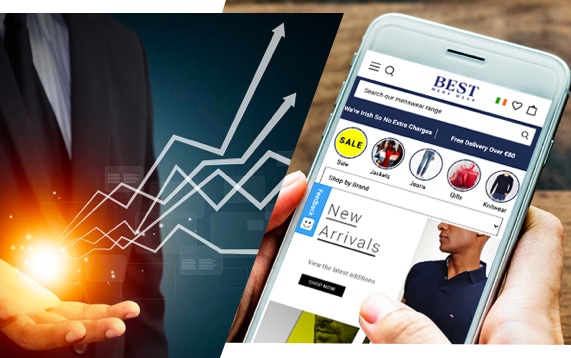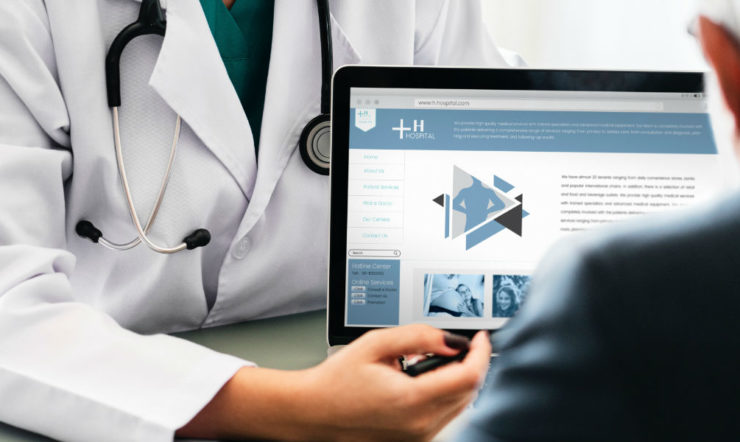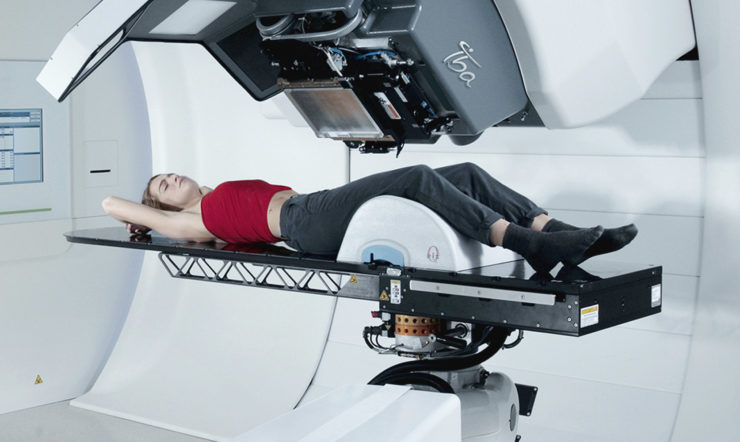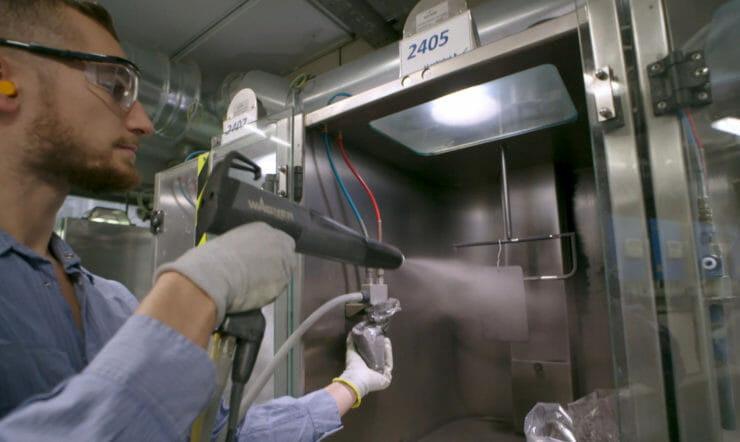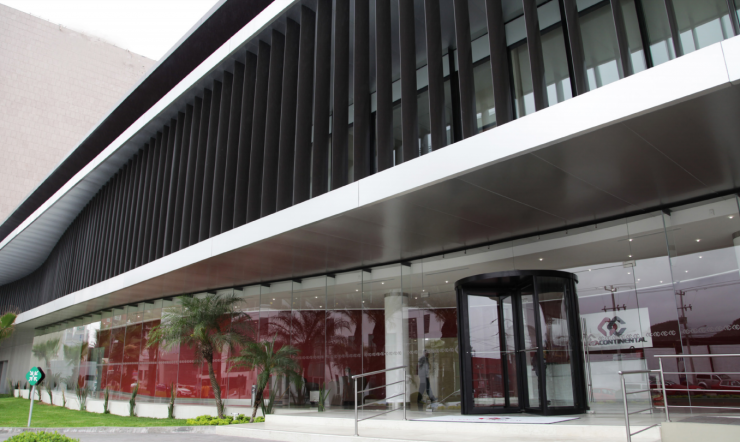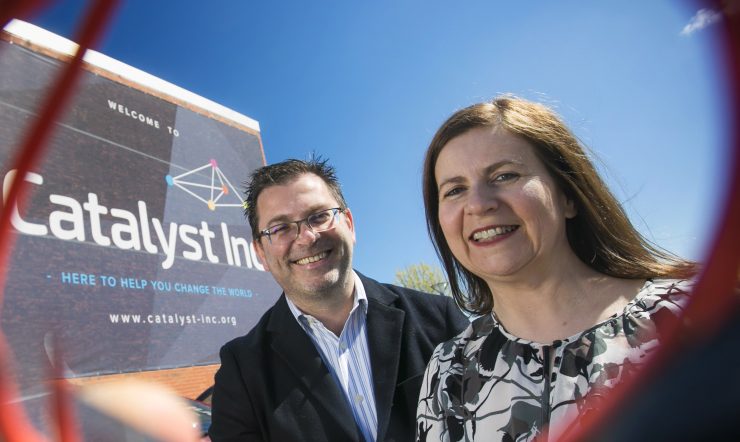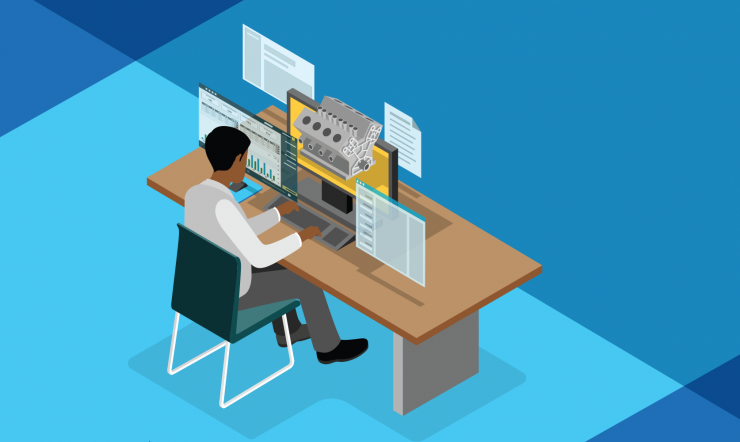Danish med-tech company Coloplast makes innovative care products for people with intimate health challenges. To help maintain productive customer relationships and better understand the needs of patients, Coloplast migrated from an on-premises data warehouse and business intelligence (BI) solution to Microsoft Power BI, Azure SQL Data Warehouse, and other Azure services. The migration is part of a general modernization of the BI capabilities at Coloplast and is expected to provide benefits across the entire organization.
Instead of trying to predict the future, we used Azure to build a platform powerful and agile enough to be ready for any future.
Data-driven care
People with intimate health challenges need products that are clinically effective, convenient, and discreet. They want to maintain their mobility, independence, privacy, and dignity. They want to live their lives, love their families, and do their jobs. They want to be themselves. So, they need to feel understood by their healthcare providers.
Headquartered in Humlebaek, Denmark, Coloplast develops innovative ostomy, continence, urology, and wound and skin care products that make life easier for people with intimate healthcare needs. The company works to build close, meaningful relationships with care providers and patients, so it can work with them to find new ways to deliver the care products people deserve.
Building that level of business intelligence (BI) can be complex for a manufacturer with eight production facilities, a diverse range of regional reimbursement processes, and a customer base that includes distributors, insurers, providers, and millions of patients in 138 countries. That’s why Coloplast uses Microsoft Azure to drive its decision making—and business performance—with data.
Ready for any future
With a high usage of spreadsheet- and PDF-based reporting, Coloplast business users struggled to find information and generate actionable insights. The company needed more agility and usability to accommodate a higher scale and more diverse types of data, and to efficiently serve a growing BI user base across the enterprise. It wanted powerful but cost-efficient analytics and adaptable data models, from dashboards for executives to predictive modeling for financial analysts. Most important, the company wanted a flexible platform it could use as a foundation for future growth and innovation.
“Instead of trying to predict the future,” says Anders Reinhardt, Director of Business Intelligence in the Global IT Organization at Coloplast, “we used Azure to build a platform powerful and agile enough to be ready for any future.”
Performance, versatility, insight, and value
The company used several Azure platform as a service (PaaS) components to develop a cloud-based enterprise data warehouse for BI and reporting that ensures continual relevance, elastic scalability, robust back-end performance, and a versatile, simple user experience. The solution draws data from the company’s customer relationship management, enterprise resource planning, and other systems. Azure Data Factory is used to extract data, and then it is stored and modeled in Azure SQL Database. Finally, data is processed in Azure Analysis Services and presented with Microsoft Power BI Premium. For more advanced reporting, data is staged in Azure Data Lake and then populated into Azure SQL Data Warehouse for additional processing.
“With SQL Data Warehouse and Power BI, we can provide powerful, customizable, self-service data analytics,” says Reinhardt. “This helps people move from fixed PDFs to interactive data visualizations that deliver more insights and better answers, leading to improved business results.”
According to Reinhardt, the Microsoft Partner Network member Kapacity was instrumental in helping Coloplast build the data platform, accelerate the migration, and successfully start its BI journey. Moving forward, Coloplast expects to introduce automation, machine learning, Internet of Things, and connected-product solutions throughout its operations.
“We want to make every aspect of our business much more data driven,” says Reinhardt. “Migrating to SQL Data Warehouse will help us to generate more value by managing data in a different and more modern way.”
Better analytics, better experiences, better outcomes
By upgrading from its on-premises systems to Azure data services and Power BI, Coloplast has shifted the focus from software maintenance tasks to development and architecture—and better analytics. Coloplast is building a significantly better experience for its BI analysts and consumers alike, replacing thousands of fixed PDF reports with a fully interactive BI experience. And with more and faster insight into consumer histories, behavior, and requirements, Coloplast can continue to drive process and product innovation.
“We’ve used SQL Data Warehouse and Data Lake to build a platform with more flexibility and transparency, along with the capacity to turn data into valuable insights throughout the organization and help drive better outcomes for people with intimate healthcare needs,” says Reinhardt.
Find out more about Coloplast on Facebook, LinkedIn, and YouTube.
We’ve used SQL Data Warehouse and Data Lake to build a platform with more flexibility and transparency, along with the capacity to turn data into valuable insights throughout the organization and help drive better outcomes for people with intimate healthcare needs.








